Never discourage anyone who Quotes Plato |Natural Philosophy|
Plato (429?–347 B.C.E.) is, by any reckoning, one of the most dazzling writers in the Western literary tradition and one of the most penetrating, wide-ranging, and influential authors in the history of philosophy. An Athenian citizen of high status, he displays in his works his absorption in the political events and intellectual movements of his time, but the questions he raises are so profound and the strategies he uses for tackling them so richly suggestive and provocative that educated readers of nearly every period have in some way been influenced by him, and in practically every age there have been philosophers who count themselves Platonists in some important respects. He was not the first thinker or writer to whom the word “philosopher” should be applied. But he was so self-conscious about how philosophy should be conceived, and what its scope and ambitions properly are, and he so transformed the intellectual currents with which he grappled, that the subject of philosophy, as it is often conceived—a rigorous and systematic examination of ethical, political, metaphysical, and epistemological issues, armed with a distinctive method—can be called his invention. Few other authors in the history of Western philosophy approximate him in depth and range: perhaps only Aristotle (who studied with him), Aquinas, and Kant would be generally agreed to be of the same rank.
1. Plato’s central doctrines
2. Plato’s puzzles
3. Dialogue, setting, character
4. Socrates
5. Plato’s indirectness
6. Can we know Plato’s mind?
7. Socrates as the dominant speaker
8. Links between the dialogues
9. Does Plato change his mind about forms?
10. Does Plato change his mind about politics?
11. The historical Socrates: early, middle, and late dialogues
12. Why dialogues?
Bibliography
Primary Literature
Secondary Literature
Academic Tools
Other Internet Resources
Related Entries
-
 4:10
4:10
SubconsciousQuotes
3 years agoQuotes of Plato
56 -
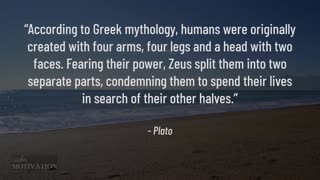 10:03
10:03
Rin07
1 year agoPLATO GREATEST QUOTES - BE KIND (Best Quotes By Plato about Love, Stoicism)
1 -
 0:41
0:41
inspirational/motivational videos
11 months agoHere are insightful sayings attributed to Plato about life:
12 -
 5:52
5:52
LevelUpMatrix
7 months agoPlato's quotes which are better known
1 -
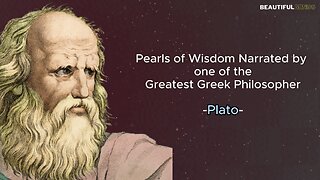 3:21
3:21
BeautifulMinds.Official
9 months agoFamous Quotes |Plato|
41 -
 0:10
0:10
Tobinator0311
1 year agoPLATO #qotd #quoteoftheday
8 -
 11:23
11:23
Motivational Quotes
1 year agoNatural Philosopher Pliny The Elder Quotes
41 -
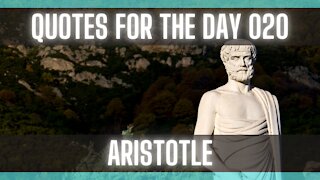 1:15
1:15
Mix of Wisdom, Music, Quizzes & Jokes
2 years agoQuotes For The Day 020: Quotes from Aristotle. Wisdom of Greek Philosophy.
38 -
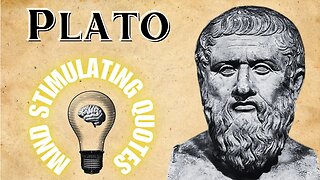 3:29
3:29
StimulatingShakespeare
1 year agoUnveiling 10 Powerful, Motivational & Inspirational Plato Quotes To Revolutionize Your Thinking
71 -
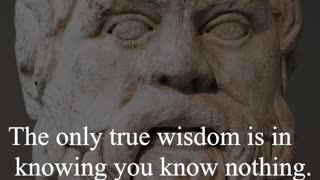 0:07
0:07
Random Quotes
9 months agoSocrates Quote - The only true wisdom...
1